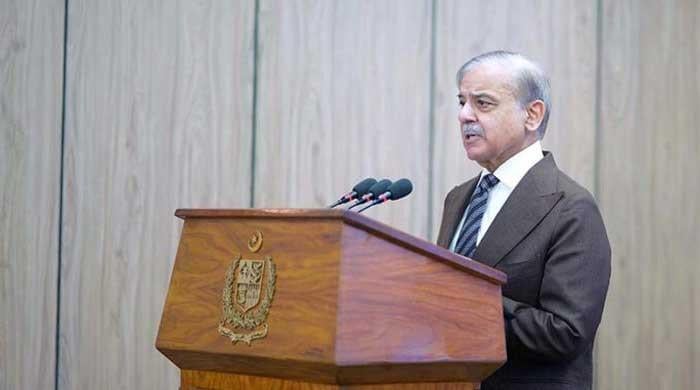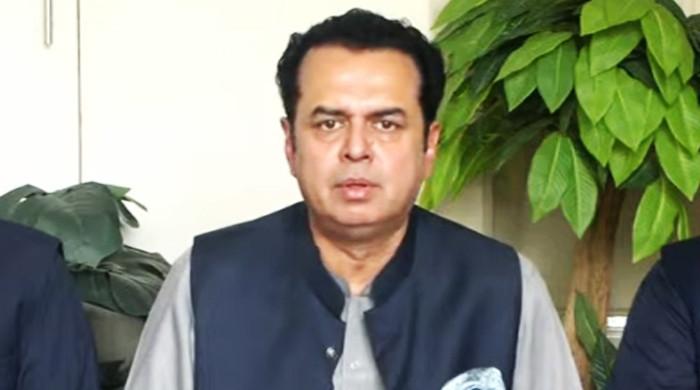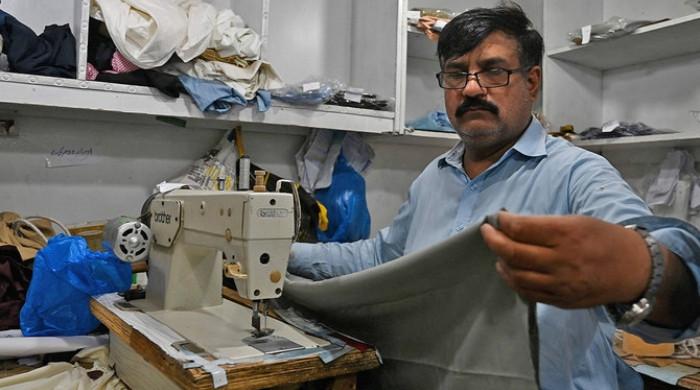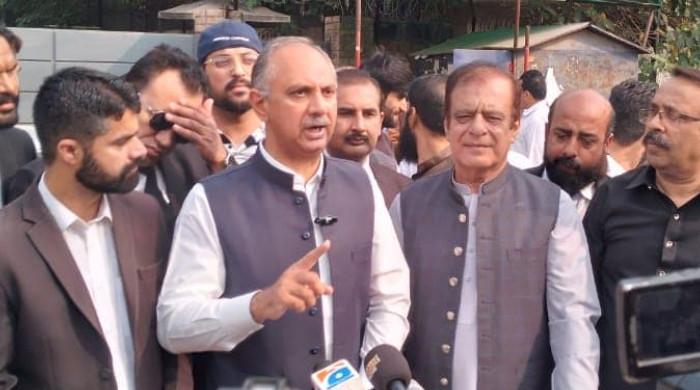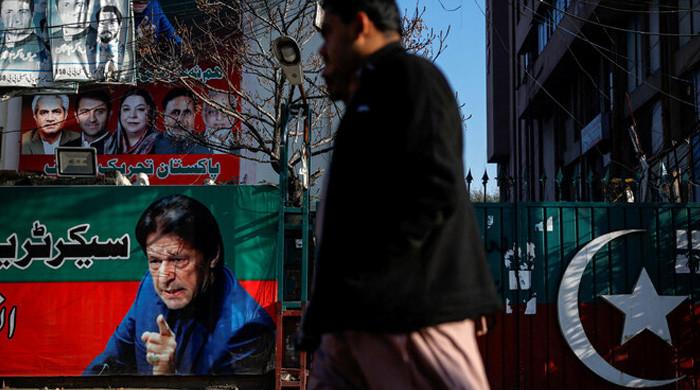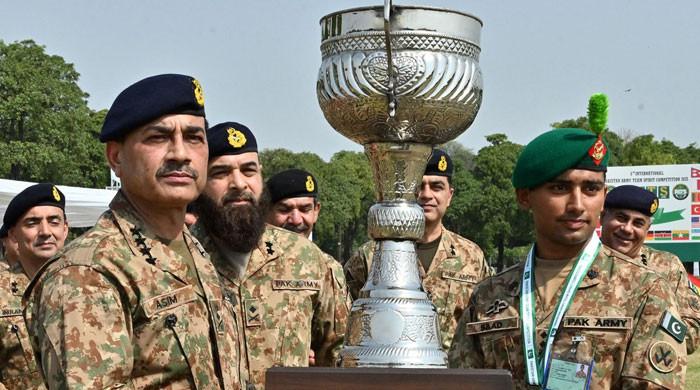Explainer: What is the fake bank accounts case all about?
What is the fake bank accounts case? How did it begin? Who are all the accused? How much money was involved?
July 13, 2019
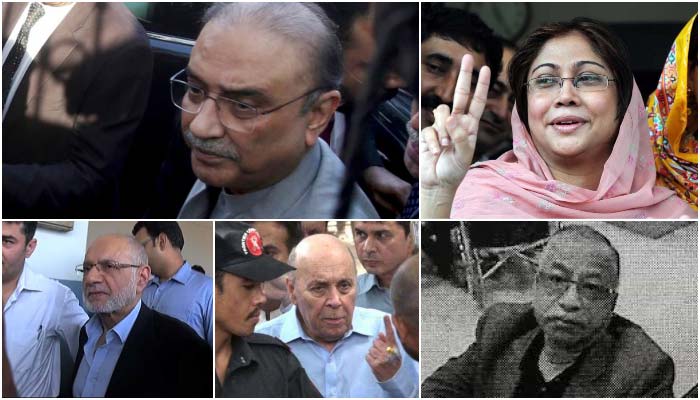
How it began
In October 2015, the anti-corruption wing of the Federal Investigation Agency in Karachi received a tip off of suspicious intra-bank transactions from the Summit Bank, Sindh Bank and the United Bank Limited. The profiles of the account holders did not match their earnings/income. FIA authorities suspected that these accounts were being run by the Zardari Group and Omni Group, amongst others.
The case dragged on until June 2018, when the Supreme Court took suo moto notice of the fake accounts and directed a Joint Investigation Team (JIT) to probe the matter.
Who are the accused?
The JIT found that 32 fake bank accounts were being operated by 11 fake entities to launder money from “kickbacks, land grabbing and large scale misappropriation of public funds.”
There are 24 accused, according to the JIT, who operated, benefited and abetted the transactions. Namely:
· Anver Majid, head of Omni Group
· Anver’s son, Abdul Ghani Majid
· Aslam Masood, CFO Omni Group
· Muhammad Arif Khan, accountant Omni Group
· Noreen Sultan, the former relationship manager at the Summit Bank
· Kiran Aman, the then-operations manager, Summit Bank
· Adeel Shah Rashidi, the then-branch manager Summit Bank
· Taha Raza, Unit Corporate Head, Summit Bank Ltd
· Hussain Lowai, the then-president Summit Bank
· Nasser Abdullah Lootah, chairman Summit Bank
· Faryal Talpur
· Asif Ali Zardari
How much money are we talking about?
In over 1,000 transactions these fake accounts purportedly transmitted Rs. 14.92 billion. The 32 bogus accounts were opened in the names of eight ordinary citizens, states the JIT, and three minor employees of the Omni Group by misusing their CNICs “in connivance primarily with the top management of Summit and Sindh Banks.”
How is the Omni Group involved?
According to the JIT, a major beneficiary of the fake accounts transactions was the Karachi-based Omni Group. The Group, says the JIT, had a “startling and unprecedented (abnormal) growth 2009 onwards,” interestingly, after the Pakistan Peoples Party (PPP) took power.
From 2008 to 2013, the company grew at a whopping 2,500 per cent and added a total of 83 companies under its umbrella. The growth percentage fell to 142 per cent after 2013, when the PPP lost the central government.
How is Asif Ali Zardari linked?
The money, states the JIT, made its way into two bank accounts of a company called Parthenon, which was allegedly a “front company” of Park Lane Pvt Ltd. The business address of Parthenon is listed as the same as that of a property owned by Asif Ali Zardari through Park Lane.
Furthermore, Zardari and his son, Bilawal Bhutto Zardari, are beneficial shareholders – 25 per cent each – in another company Park Lane Estate Pvt Ltd, a construction company, which is also said to have received some of the money through fraudulent means.
The JIT says the money, transmitted through these accounts, was used by Zardari to pay duty and taxes of three vehicles, which had been gifted to the then-President Asif Ali Zardari. “The said vehicles were registered in the name of Zardari and also declared in his nomination papers submitted to Election Commission of Pakistan.” The money was also used to pay for Zardari’s helicopter trips, amongst other things.
What does Faryal Talpur have to do with it?
Payments to the tune of Rs 3.58 million were made in 2011 and 2012 out of various fake accounts for purchase of cement from Thatta Cement to construct the residence of Faryal Talpur. In addition, from 2011- 2014, Talpur was the authorized signatory of the Zardari Group
Is Bilawal Bhutto Zardari also a prime accused?
No. The JIT was not able to establish a direct link between Bilawal and the fake transactions. It did find that a payment of Rs 1.53 million were paid to the Karachi Water and Sewerage Board from the accounts to pay off water charges of the Bilawal House Karachi in 2015. Another Rs. 4.14 million was paid out to The Deli Restaurant for catering and event services at Bilawal House. Then, there were air tickets purchased by these accounts for Zardari and his family and the renovation of a car that belonged to Bilawal that was funded by these accounts.




